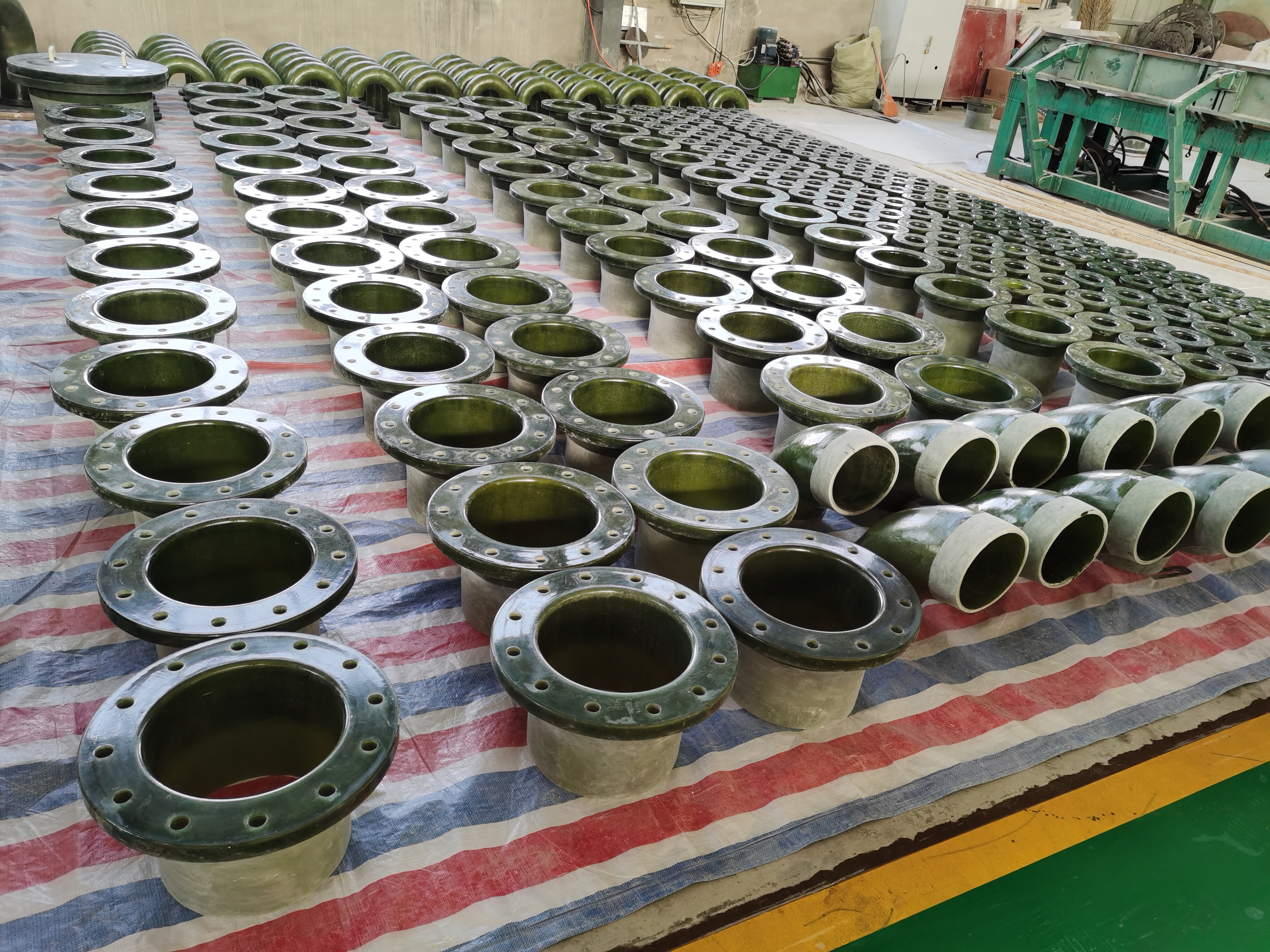
-
 Afrikaans
Afrikaans -
 Albanian
Albanian -
 Amharic
Amharic -
 Arabic
Arabic -
 Armenian
Armenian -
 Azerbaijani
Azerbaijani -
 Basque
Basque -
 Belarusian
Belarusian -
 Bengali
Bengali -
 Bosnian
Bosnian -
 Bulgarian
Bulgarian -
 Catalan
Catalan -
 Cebuano
Cebuano -
 China
China -
 China (Taiwan)
China (Taiwan) -
 Corsican
Corsican -
 Croatian
Croatian -
 Czech
Czech -
 Danish
Danish -
 Dutch
Dutch -
 English
English -
 Esperanto
Esperanto -
 Estonian
Estonian -
 Finnish
Finnish -
 French
French -
 Frisian
Frisian -
 Galician
Galician -
 Georgian
Georgian -
 German
German -
 Greek
Greek -
 Gujarati
Gujarati -
 Haitian Creole
Haitian Creole -
 hausa
hausa -
 hawaiian
hawaiian -
 Hebrew
Hebrew -
 Hindi
Hindi -
 Miao
Miao -
 Hungarian
Hungarian -
 Icelandic
Icelandic -
 igbo
igbo -
 Indonesian
Indonesian -
 irish
irish -
 Italian
Italian -
 Japanese
Japanese -
 Javanese
Javanese -
 Kannada
Kannada -
 kazakh
kazakh -
 Khmer
Khmer -
 Rwandese
Rwandese -
 Korean
Korean -
 Kurdish
Kurdish -
 Kyrgyz
Kyrgyz -
 Lao
Lao -
 Latin
Latin -
 Latvian
Latvian -
 Lithuanian
Lithuanian -
 Luxembourgish
Luxembourgish -
 Macedonian
Macedonian -
 Malgashi
Malgashi -
 Malay
Malay -
 Malayalam
Malayalam -
 Maltese
Maltese -
 Maori
Maori -
 Marathi
Marathi -
 Mongolian
Mongolian -
 Myanmar
Myanmar -
 Nepali
Nepali -
 Norwegian
Norwegian -
 Norwegian
Norwegian -
 Occitan
Occitan -
 Pashto
Pashto -
 Persian
Persian -
 Polish
Polish -
 Portuguese
Portuguese -
 Punjabi
Punjabi -
 Romanian
Romanian -
 Russian
Russian -
 Samoan
Samoan -
 Scottish Gaelic
Scottish Gaelic -
 Serbian
Serbian -
 Sesotho
Sesotho -
 Shona
Shona -
 Sindhi
Sindhi -
 Sinhala
Sinhala -
 Slovak
Slovak -
 Slovenian
Slovenian -
 Somali
Somali -
 Spanish
Spanish -
 Sundanese
Sundanese -
 Swahili
Swahili -
 Swedish
Swedish -
 Tagalog
Tagalog -
 Tajik
Tajik -
 Tamil
Tamil -
 Tatar
Tatar -
 Telugu
Telugu -
 Thai
Thai -
 Turkish
Turkish -
 Turkmen
Turkmen -
 Ukrainian
Ukrainian -
 Urdu
Urdu -
 Uighur
Uighur -
 Uzbek
Uzbek -
 Vietnamese
Vietnamese -
 Welsh
Welsh -
 Bantu
Bantu -
 Yiddish
Yiddish -
 Yoruba
Yoruba -
 Zulu
Zulu
grp vessel
The Role of GRP Vessels in Modern Industries
In recent years, the demand for advanced materials in various industrial applications has soared. One such innovation that has gained significant traction is the use of Glass-Reinforced Plastic (GRP) vessels. GRP, commonly referred to as fiberglass, is a composite material made from plastic reinforced by glass fibers. This combination results in a lightweight yet exceptionally strong material, making GRP vessels a popular choice across numerous sectors, including marine, food processing, chemical storage, and water treatment.
The Role of GRP Vessels in Modern Industries
In the food processing sector, GRP vessels address critical health and safety standards. These vessels are non-toxic, do not react with food substances, and can be easily cleaned and maintained. The smooth surface of GRP prevents bacterial growth, making it an ideal material for storage tanks and processing equipment. In addition, the ability to customize GRP vessels for specific applications allows manufacturers to cater to industry-specific requirements, ensuring that food safety regulations are met without compromising efficiency.
grp vessel

Chemical storage is another area where GRP vessels excel. Many chemicals are highly corrosive and can degrade traditional storage systems, leading to potential leaks and environmental hazards. GRP's robust chemical resistance allows for the safe storage of a wide variety of substances, including acids, alkalis, and solvents. As industries become more focused on sustainability and reducing environmental impact, the use of GRP for chemical containment is increasingly seen as a responsible choice.
Water treatment facilities benefit significantly from GRP vessels because they are designed to withstand the rigors of wastewater management. These vessels can handle fluctuating pressures and temperatures, making them ideal for applications such as sedimentation, filtration, and chemical dosing systems. The ability to manufacture GRP tanks in various sizes and configurations also allows for greater flexibility in facility design, contributing to more efficient water treatment processes.
Moreover, the production of GRP vessels involves processes that can be less energy-intensive compared to aluminum or steel. This eco-friendly aspect aligns well with global initiatives aimed at reducing carbon footprints in industrial manufacturing. As advancements continue in resin technology and glass fiber materials, the properties of GRP vessels are expected to improve, further enhancing their performance and sustainability.
In conclusion, GRP vessels represent a significant advancement in materials engineering with widespread applications across numerous industries. Their versatility, strength, and resistance to corrosion and chemicals make them a superior choice for various storage and processing needs. As industries continue to evolve and seek sustainable solutions, the adoption of GRP vessels is likely to increase, paving the way for safer and more efficient operations. The future of GRP in industrial applications looks promising, with ongoing innovations poised to enhance their capabilities even further.
Latest news
-
Exploring the Benefits of Top Hammer Drifter Rods for Enhanced Drilling PerformanceNewsJun.10,2025
-
High-Precision Fiberglass Winding Machine for GRP/FRP Pipe Production – Reliable & Efficient SolutionsNewsJun.10,2025
-
FRP Pipes & Fittings for Shipbuilding - Corrosion-Resistant & LightweightNewsJun.09,2025
-
Premium FRP Flooring Solutions Durable & Slip-ResistantNewsJun.09,2025
-
Premium Fiberglass Rectangular Tanks Durable & Lightweight SolutionNewsJun.09,2025
-
Tapered Drill String Design Guide Durable Performance & UsesNewsJun.09,2025









